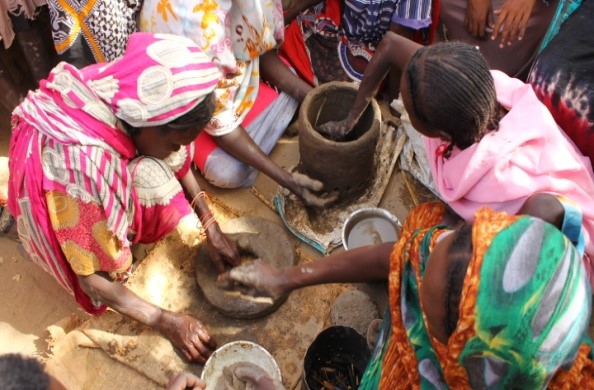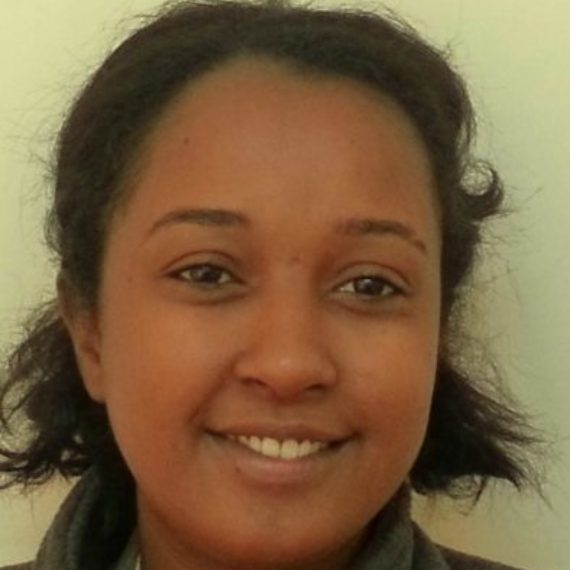I graduated from the Master of Science in Urban Water and Sanitation with specialization in Sanitary Engineering (IHE Delft, The Netherlands), 2016 and attended the short course on campus Faecal sludge management (FSM) module. I acquired new knowledge especially during the FSM course and the most interesting topics to me were: (i) management of the sanitation chain: collection, desludging and treatment; (ii) resource recovery treatments such as composting, anaerobic digestion, biological filtration and wetlands; (iii) operation, management and maintenance of FSM technologies; (iv) biogas toilets in communal sanitation facilities e.g. prison Cyangugu in Rwanda; and (v) faecal sludge (FS) co-treatment in municipal wastewater treatment plant (WWTP). After graduating from IHE I continued working in IDP camps in south Darfur with the help of DUPC2 program and was able to conduct customized educational materials in resource recovery for local communities. These customized educational materials was in several activities such as consultation meeting for experts, training of teachers and WASH staff as well as the training of trainers on various resource recovery options from FS.
 The pottery women produced gasifier stoves and use them during workshop.
The pottery women produced gasifier stoves and use them during workshop.
Other areas I have recently applied these knowledge in practice in the course of my work includes: (i) characterization and fluidization of pit latrine sludge knowledge which assisted in exploring several resource recovery options from FS in south Darfur internal displaced persons (IDP) camps with various stakeholders such as women groups, community leaders, hygiene promoters and WASH experts that resulted in recovery of compost, biogas and biochar from FS in south Darfur IDP camps; (ii) household faecal sludge and grey water characterization in Ottash IPD camp located in the outskirts of Nyala, South Darfur, Sudan; (iii) quantification and analyses of faecal sludge from urine diverting (UD) latrines and grey water from kitchen, bath and laundry in order to identified important parameters in sludge that are potential environmental hazards especially to groundwater e.g. COD, TKN, E.coli; and (iv) used focus group discussions to explored the acceptability of different waste reuse options e.g. reclaimed water and organic fertilizers by the IDPs community. During these project we consider all form of waste: faecal sludge, solid waste, grey water and animal waste. From what I learned in IHE that all waste matters in the sanitation chain sometimes other waste might transmit more contaminants to water bodies than faecal sludge depending on the context. For instance in Kas locality south Darfur, the solid waste collection zones are located near to drinking water wells over alluvial shallow aquifer. This created a high risk of possible contamination especially during seasonal water recharge.
The high impact of these activities was the demonstration of the acceptability by the IDPs community to reused sanitation-derived products from faecal sludge, grey water, and solid waste. Also, these results were shared with the WASH cluster (sector). The WASH expert in South Darfur and Khartoum became aware of the applicable reuse options potential in FS and the experiments conducted in the camps resulted in increased awareness. In addition, active members of IDPs community such as community leader and hygiene promoters acquired knowledge in resource recovery systems and were able to replicate the experience at their homes. Furthermore, the Kas vocational school adopted and trained around 600 students from entire kas locality and this has resulted in high influx into the local technician market. The teachers of this school are active members of the society that facilitated workshops to teach IDP community around the school as well as, spreading information in their neighborhoods.
It is important to understand the concepts of circular economy and added values to decentralized and localized sanitation systems
